How Should African American History Be Taught In Schools?
March 29, 2022
In 1967, a group of 3,500 Philadelphia students marched down Broad Street to the Board of Education, hoping to protest for Black rights and Black studies. Among their demands: the right to wear traditional African clothing in school and the right to learn African American History.
In 2005, Philadelphia was the first city to mandate African American History for high school graduation and is among the few cities in the United States that has this requirement today. African American History is not only important for African Americans to understand their culture, but also for all students to understand the deeply rooted racism that affects not only African Americans but other groups as well.
Although Philly schools now have African American History in their curriculum, many students have yet to have a true understanding of African American History and culture in the way that it’s taught.
Bethlehem Belete, an 11th grade music major at FLC, knows that African American History course content is not always explored even though it is a graduation requirement.
“They’re doing a good job by making it a requirement to take African American courses,” Belete said. “But then again, it’s still kinda watered down. They don’t give us the full truth…I don’t know, it’s like they give you points, but not everything makes sense because they leave out so much.”
Serenity Charity, another 11th grader at FLC, started learning about African American History before coming to high school.
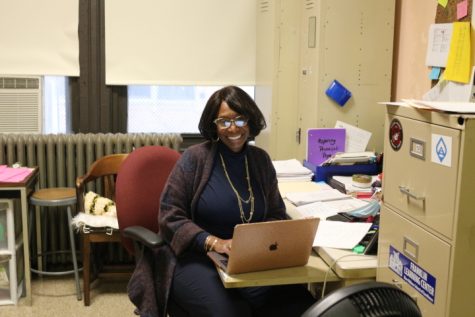
“I think they started in fourth grade,” Charity said. “They would start talking about how people are slaves…they didn’t really get into like the nitty gritty until this year because usually people just kinda stop there and they continue doing that for every single year and you never really learn much, it’s the same thing.”
This shows a concerning trend in the teaching of African American History where students, despite having the course available to them, may only learn as much as their teachers are willing, or able, to teach them.
Ismael Jimenez, a Social Studies curriculum specialist at the School District of Philadelphia and a professor of African American History at the University of Pennsylvania, has a clear look at how African American History is currently being taught in schools in Philadelphia.
“We fall into this trap of looking at Black history as like Africans right, briefly gone over (if the teacher goes over them) start[ing] at slavery,” Jimenez said. “Then it goes into like, you know, Moses led some people to a promised land, Abraham Lincoln freed the slaves, a dude made peanut butter (even though he didn’t), Rosa Parks sat on a bus, Martin Luther King had a dream, and Barack Obama became president. That’s literally what a lot of students right now are taught in the required course.”
According to Dale Mezzacappa, senior reporter at Chalkbeat Philadelphia, “the district has not significantly changed the course, which is taught in the 10th grade, since introducing it in 2005. It uses a standard textbook that was last updated in 2011, and the course’s rigor, focus, and content have largely depended on individual teachers.”
This backs up the fact that the course lacks depth and fails to adequately teach students about Black history. The course’s focus and content being dependent on the teachers is a problem because those who teach African American History are only required to have a Social Studies d
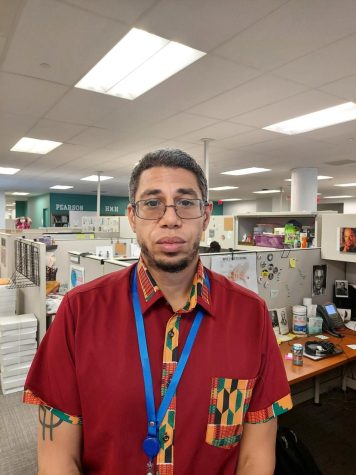
egree. No prior African American History exposure is required. Some teachers who are passionate about the subject may go above and beyond to teach their students while others with no prior exposure or who might not be comfortable teaching some of its content, may only scratch the surface of what students should be learning.
But, what is the best way to teach African Americ

an History? Should it be incorporated into American History? Some states do not even have African American History in their curriculum.
Jimenez doesn’t think African American History should be taught in US History class.
“I’m one of those people that believe Black history is not American History,” Jimenez said. “It’s a unique story of a group of people from multiple backgrounds that has a different storyline about what America means. To place it within the context of America, I would argue, would whitewash it and turn it into something that fits into the white storyline. If anything, African folks, Black folks have been victims of their own humaneness towards people who have dehumanized. So I think having a separate storyline is necessary.”
Jimenez wants African American History to start much earlier, too.
“The children, as young as kindergarten, should be getting exposed to African American History, first, second, third–by the time we get to the graduation requirement, we should be talking about the intellectual genealogy of different theorists and philosophers of African descent across the world in order to make better sense of who we are and what it means to be human,” Jimenez said.
Thomas Magliaro, a World History teacher at FLC who previously taught African American History at a different school, agrees that African American History should be taught separate from other history courses.
“African Americans in the United States have had a large impact on the way our histories unfolded,” Magliaro said. “All the major accomplishments that we have achieved as Americans largely have started, or have been on the backs of African Americans, on the labor of African Americans, on the ideas of African Americans. I think that if you want to do African American History justice, if you really want to get deep into it and really understand the full picture, that you would be doing it a disservice by just including it in US History, or just including it in World History.”
But, after taking a few years of history classes at FLC, Belete has a different idea of how African American History should be taught.
“If they incorporated more into American History,” Belete said, “I think it will help people see the bigger picture. And see…the contributions of African American people throughout the history of the United States.”
Charity sees both sides.
“It is African history because mass amounts of people were stolen,” Charity said, “and that affects them, their economy, all of that, especially in the long run. But at the same time, it’s American history because that’s how our nation was built. So I think it’s right to include it but there’s a way to do it.”
Dr. Robin Vann Lynch is an African American History teacher at FLC and she doesn’t think we have to choose.
“For me, the best education is interdisciplinary education,” Vann Lynch said. “So, I think it’s a both and. It should be integrated and it should also stand alone in some cases…. You get a lot of value [out] of a standalone course in high school because students are at a pivotal point in terms of their knowledge and their understanding of various topics.”
Dr. Latrina Stewart, Assistant Principal at FLC, sees good reason to incorporate African American History into US History class.
“Yes, it should be a part of American History,” Stewart said. “And the reason why I say yes is because it is American History. All of us, no matter where our forefathers originally came from, we are part of America and our history is American History. Again, I do appreciate the Philadelphia School District having the African American History course for all high school students. But we are small, we are a district in a state of over 200 school districts. So our students are getting it, but what about other students getting it? And the importance of everyone understanding and knowing about African American History is it gives us a different level of appreciation, whether you’re African American or not.… So I really do believe that it should be a part of just American History for all Americans and not just taken out.”
African American History should be incorporated into American History, not only because it is American History, but because people would most likely be more willing to learn about the course if it were incorporated. It’s fine to have it separated but it may make everyone think it’s different from American History. Moreover, African American History is critical to understanding American History. So, it is very important that African American History gets incorporated. It would not only give us a deeper understanding of American History but it would also give African Americans the credit that they deserve.v
Do you have thoughts about the best way to teach African American History? Send them to [email protected] and you may see them in our next issue.
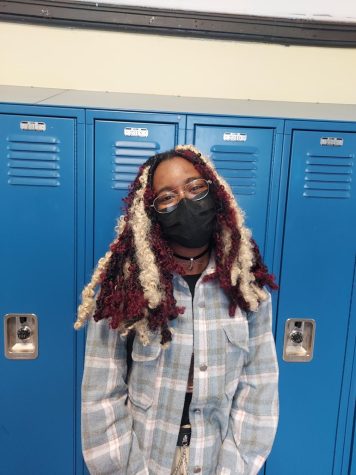
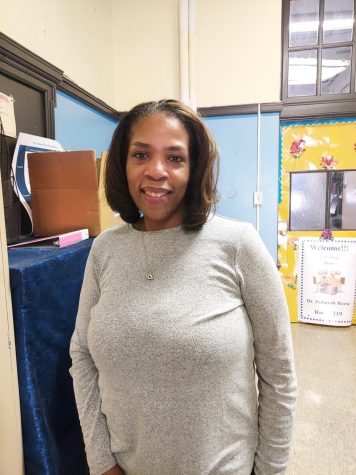


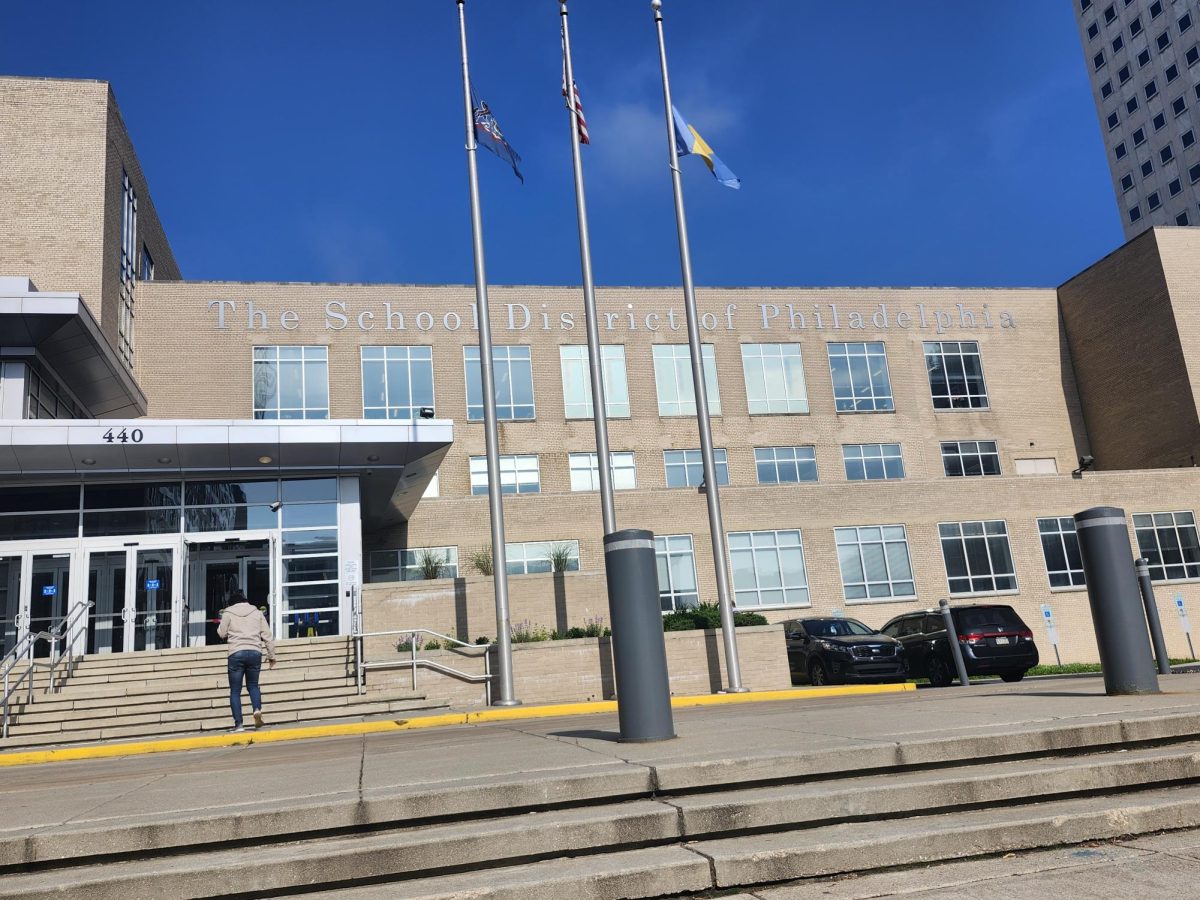


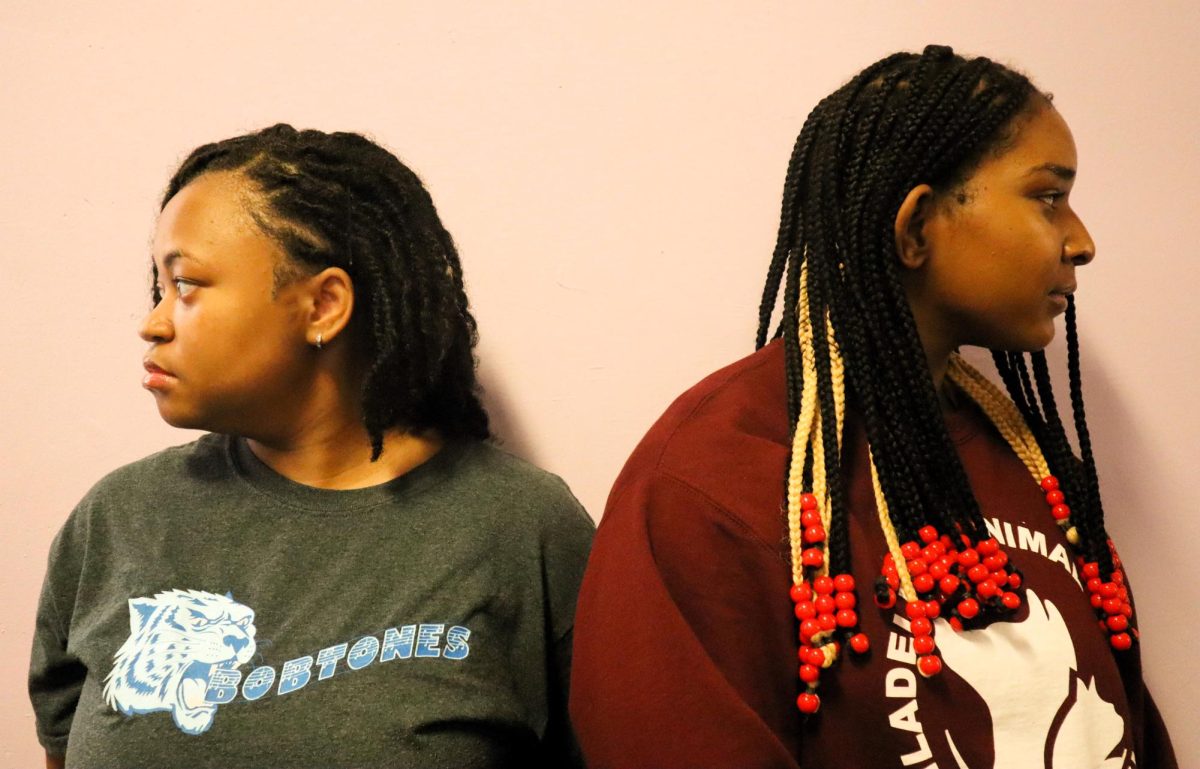
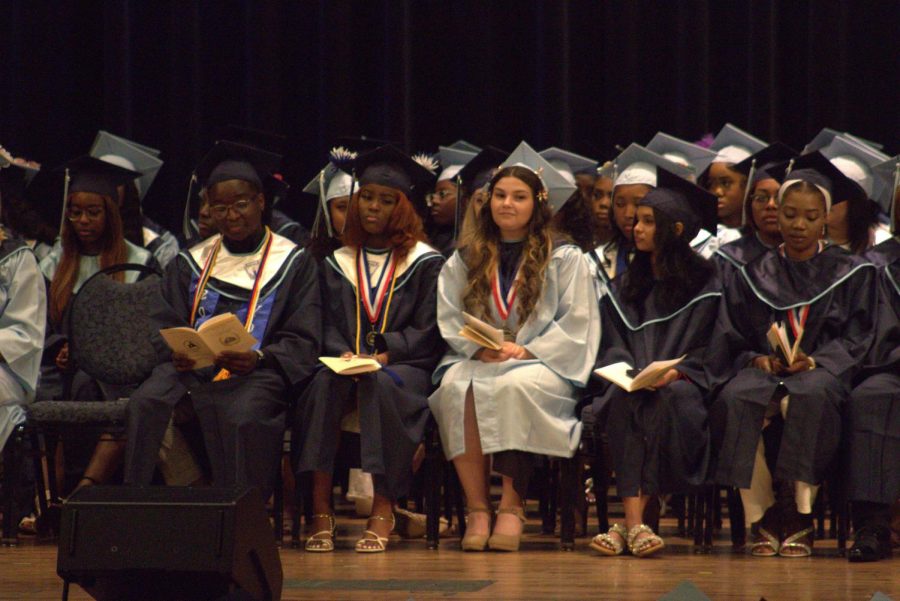
![[VIDEO] FLC 10th grade student awarded $40,000 in a BigFuture Scholarship](https://theflashflc.org/wp-content/uploads/2023/05/Screen-Shot-2023-05-02-at-4.39.10-PM-900x493.png)
![[VIDEO] Mayoral candidates campaign on student issues](https://theflashflc.org/wp-content/uploads/2023/04/IMG_1387-900x506.jpg)
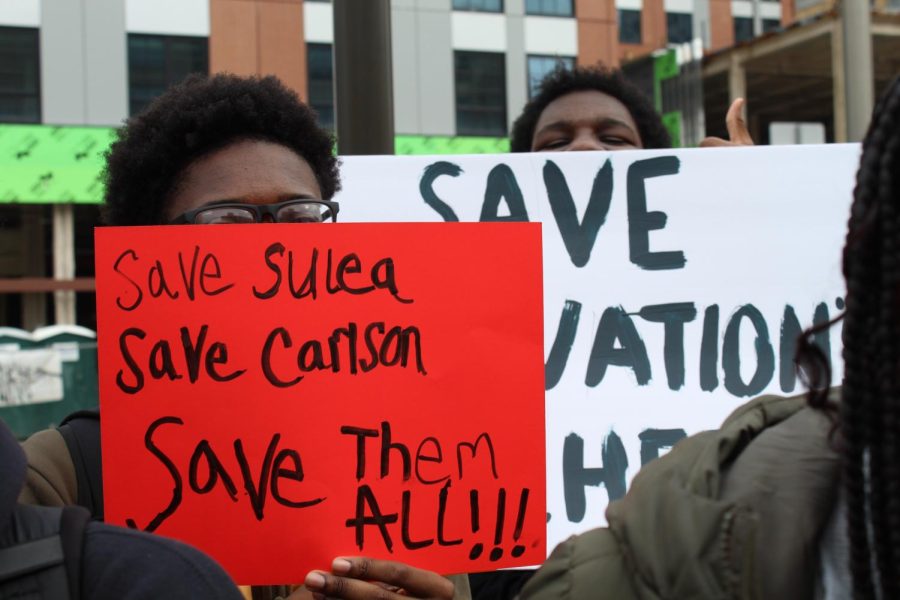


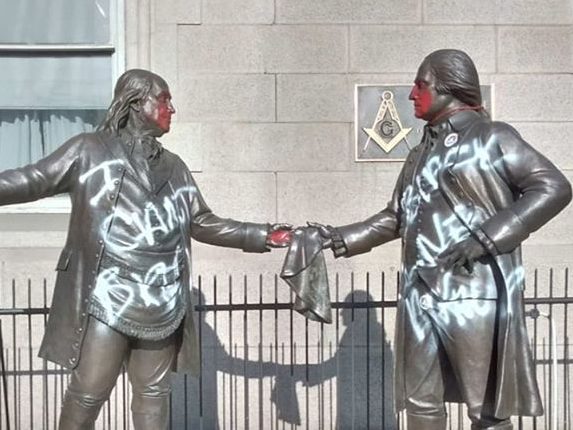


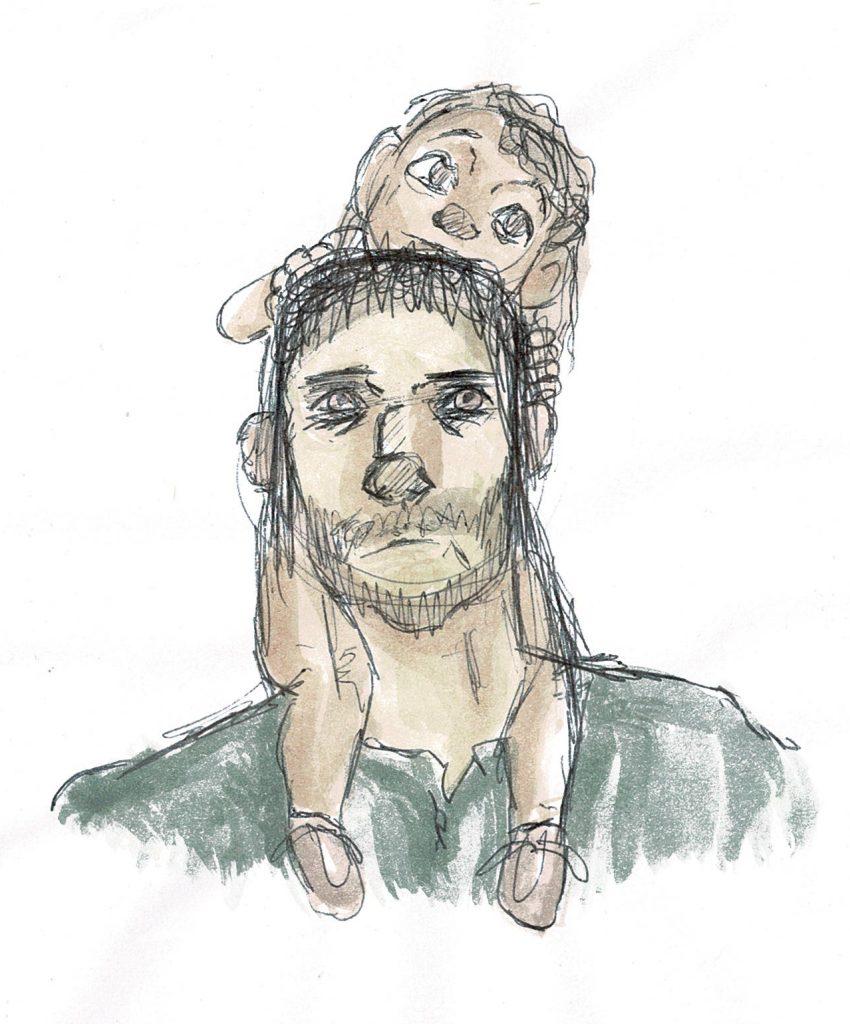





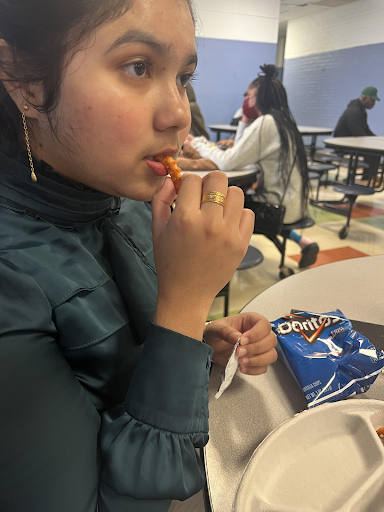

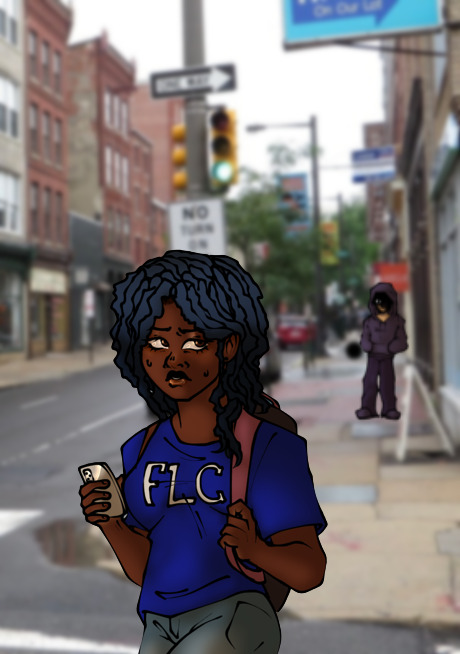

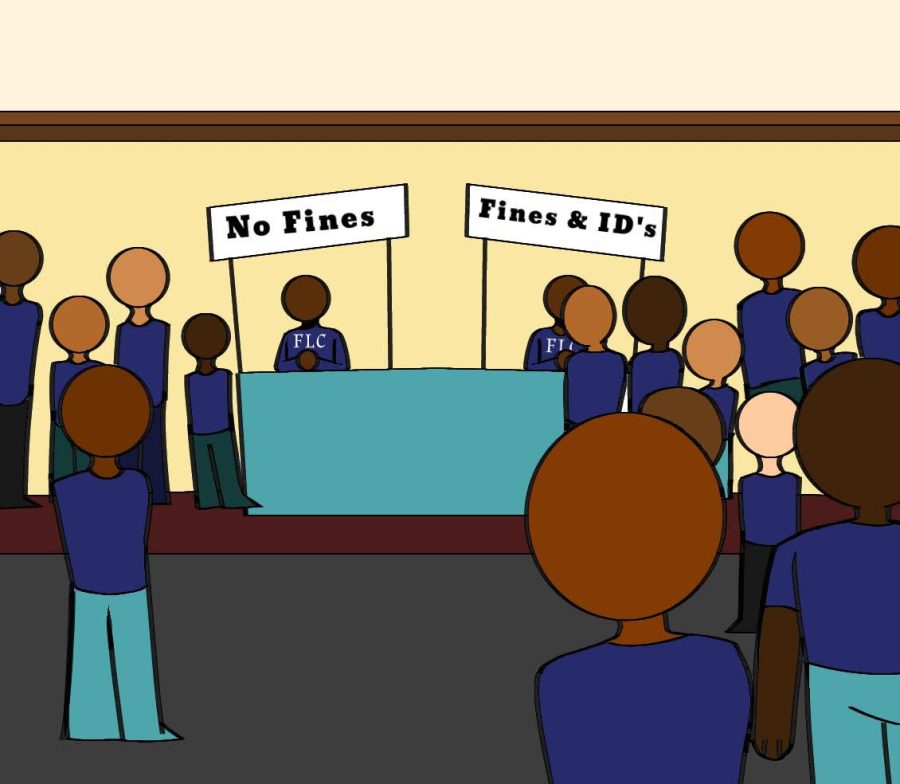
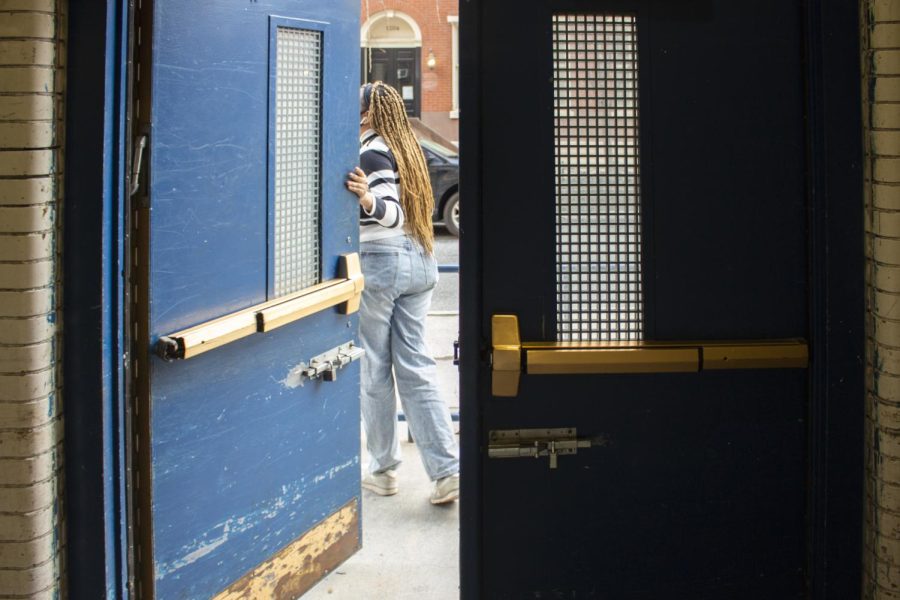
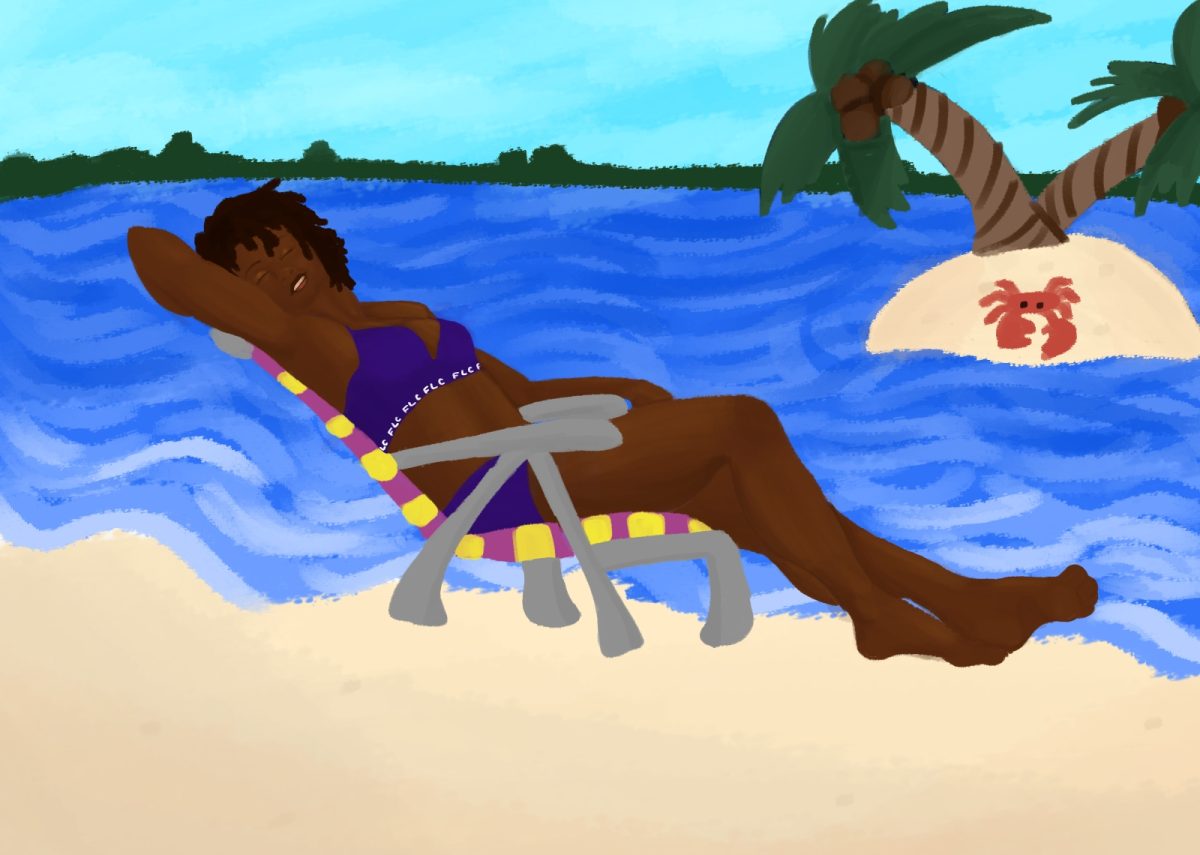
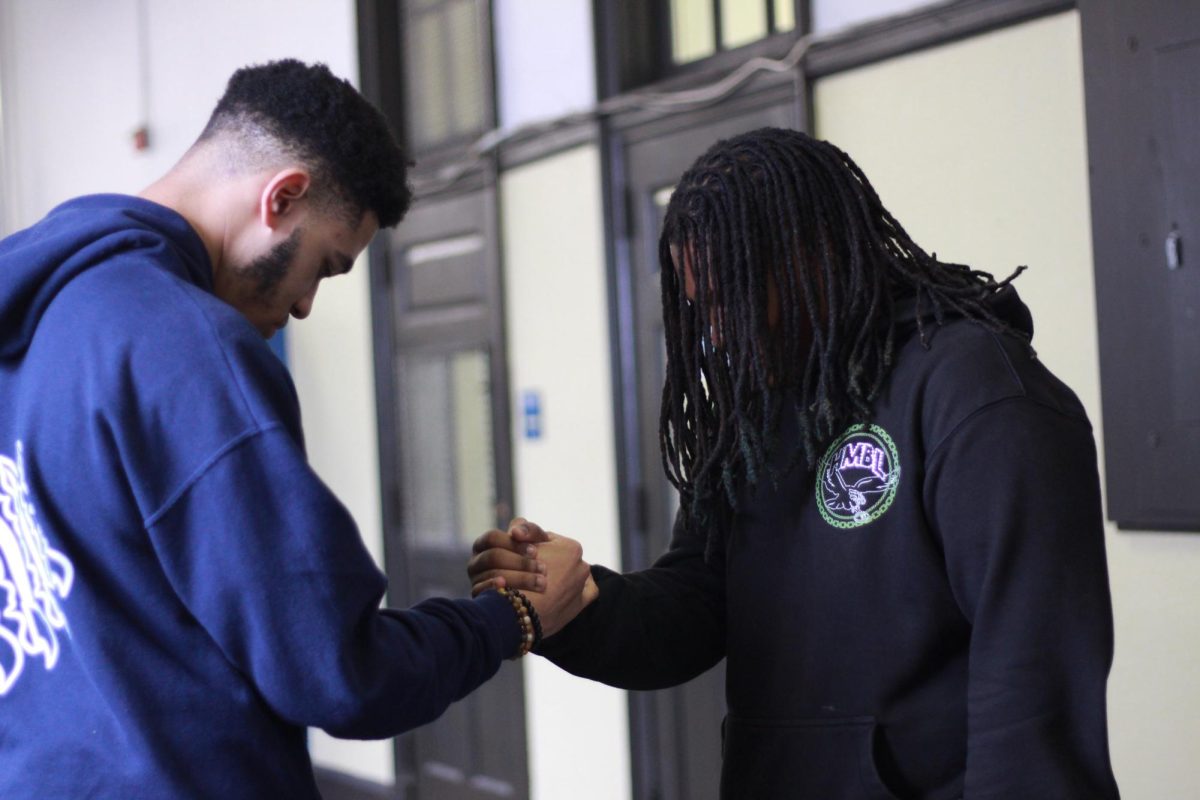

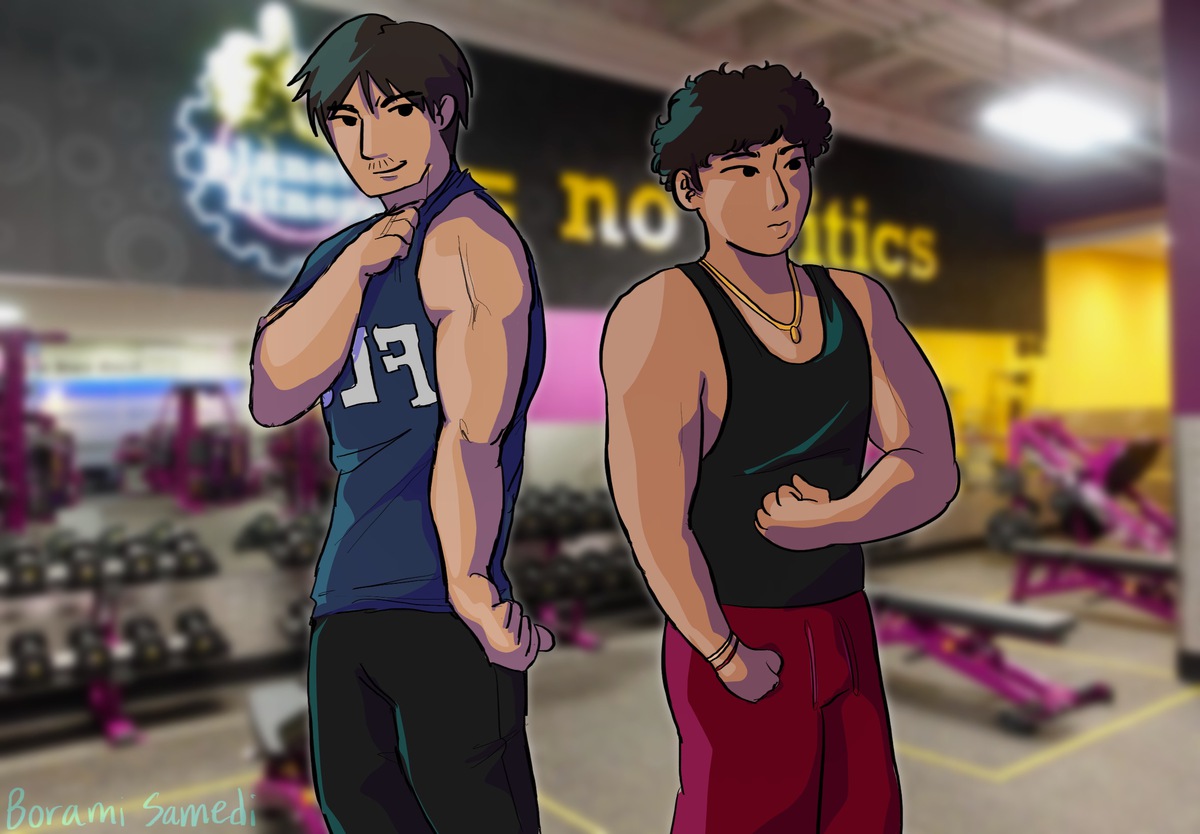
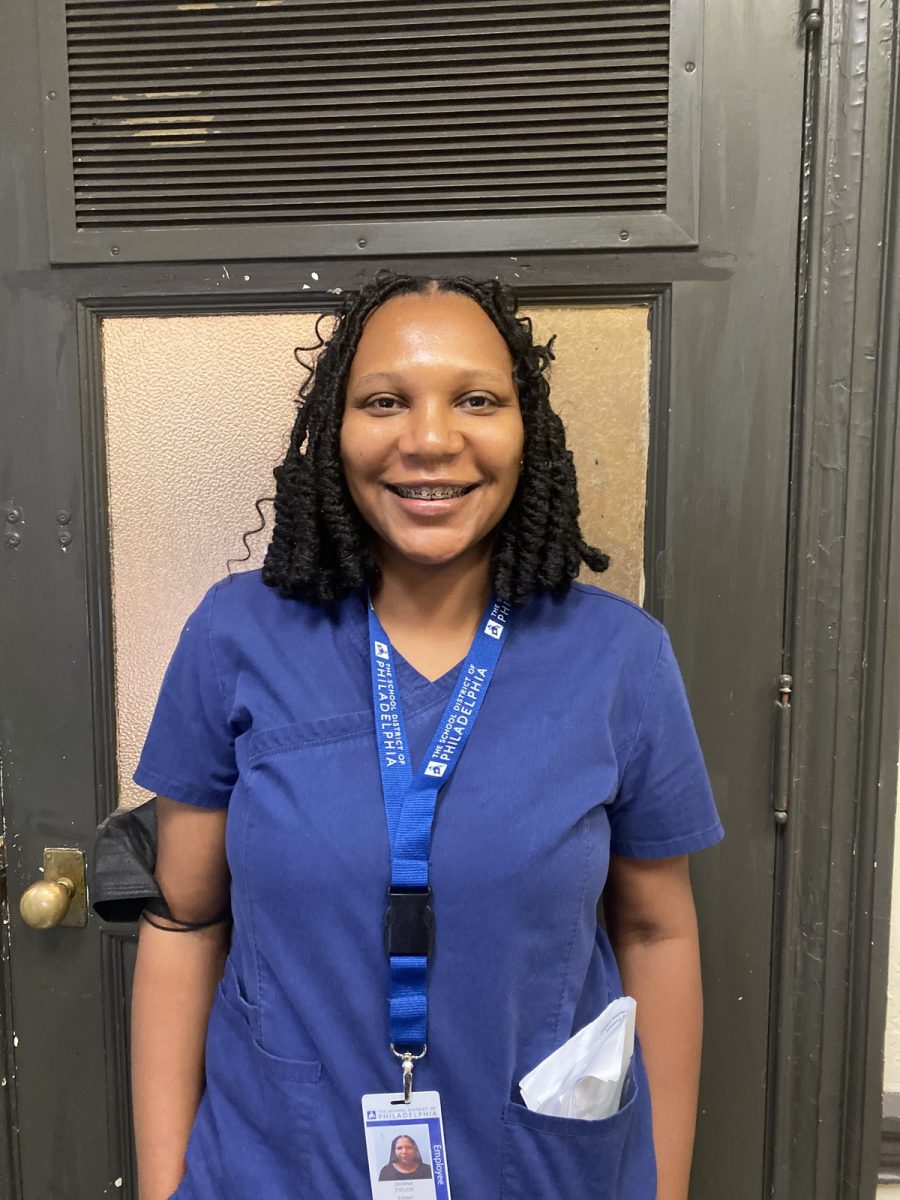
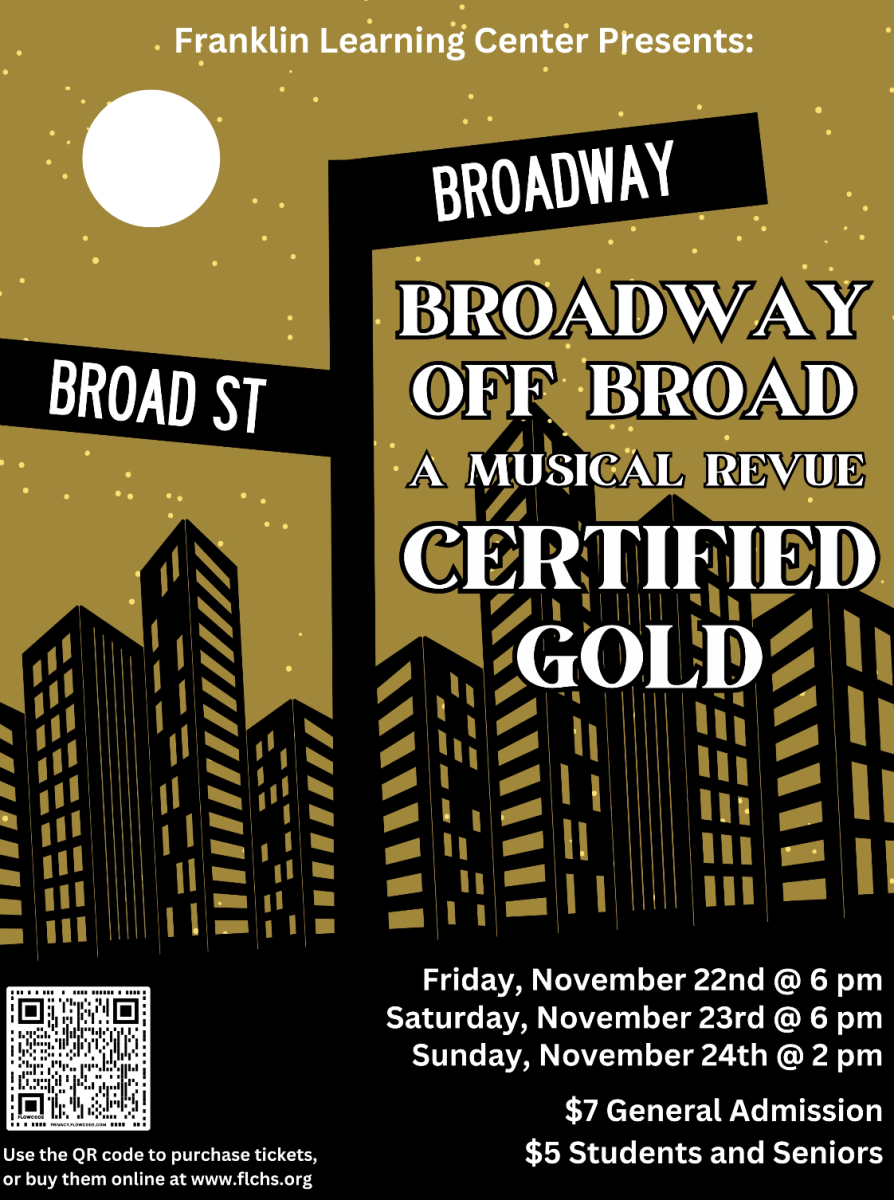
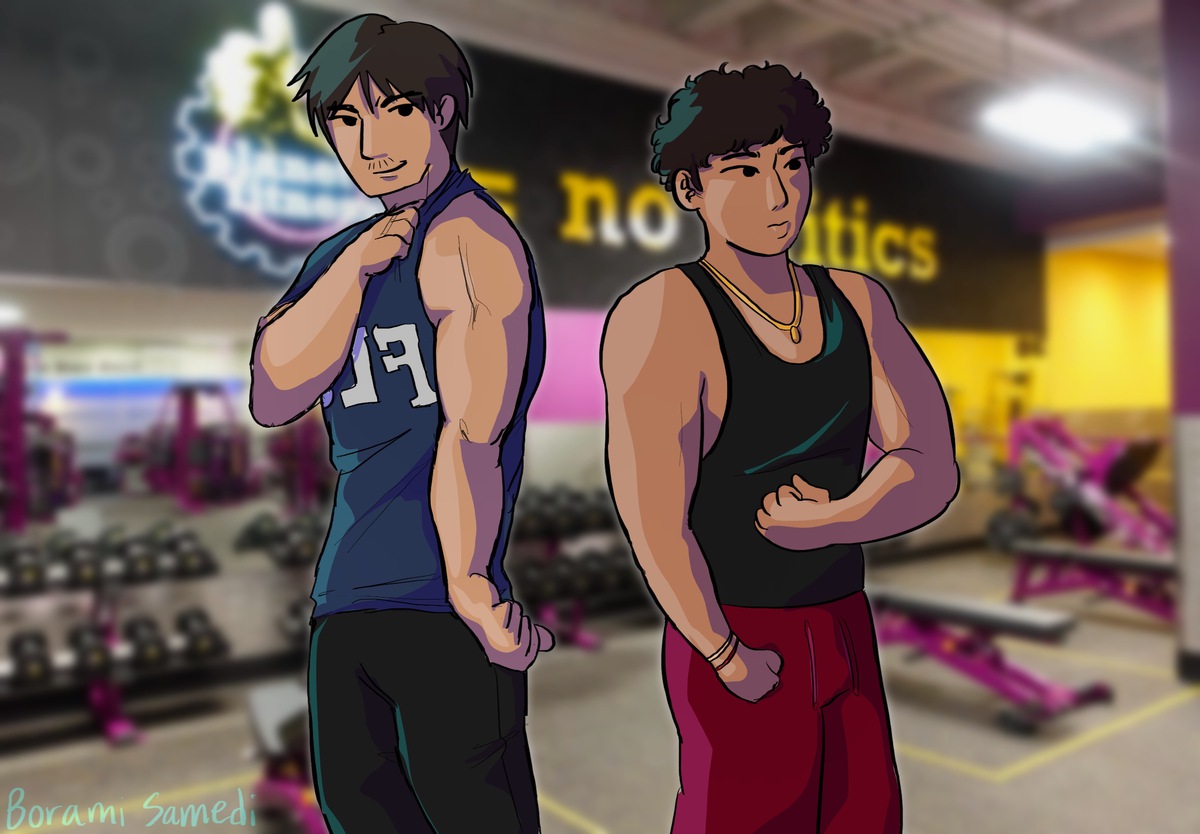




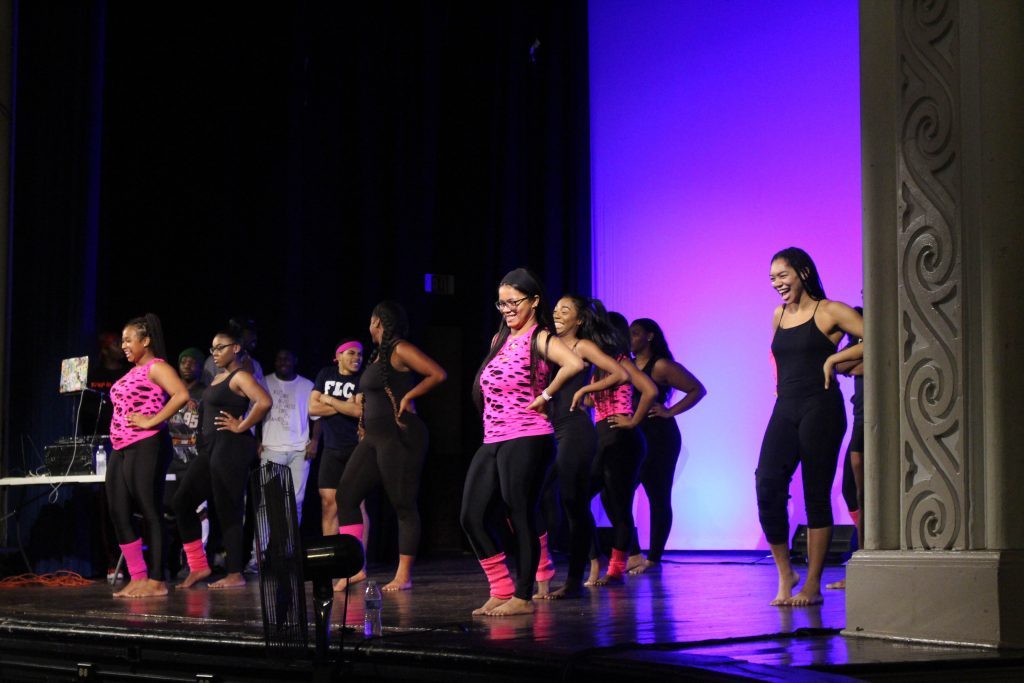
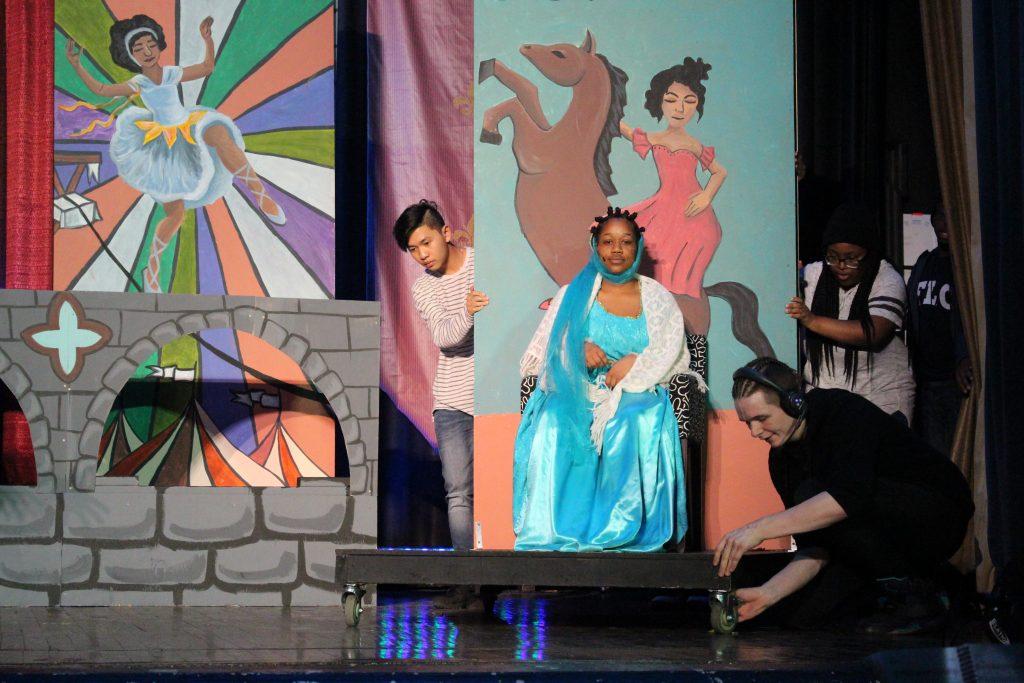


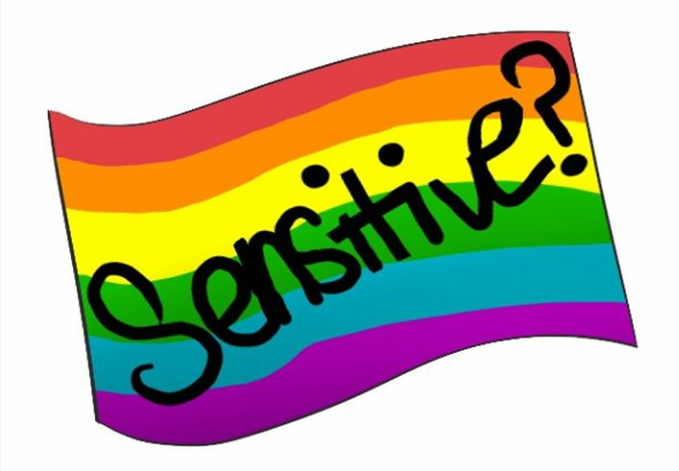






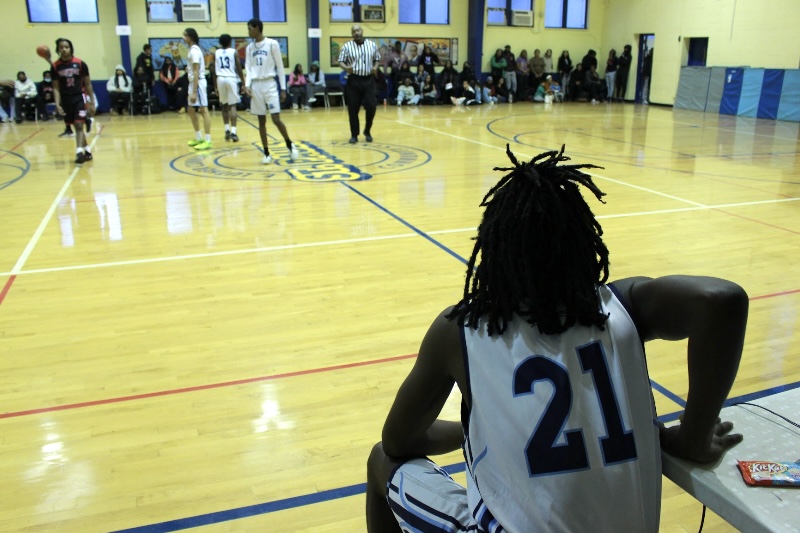
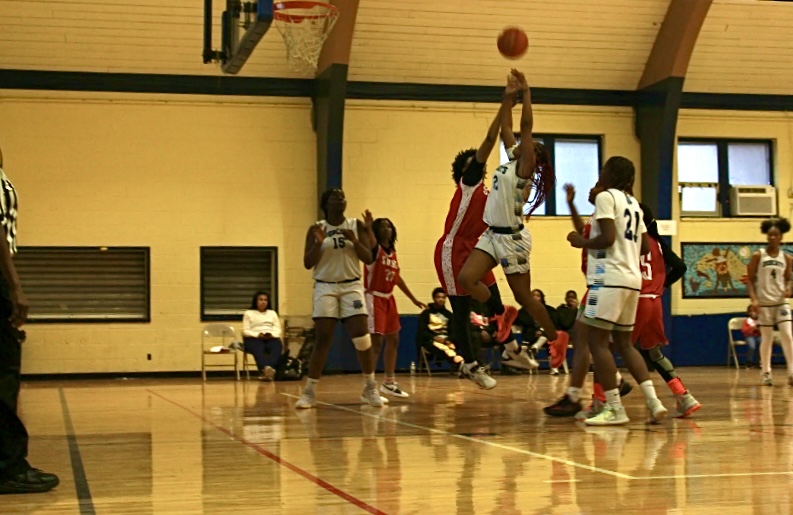
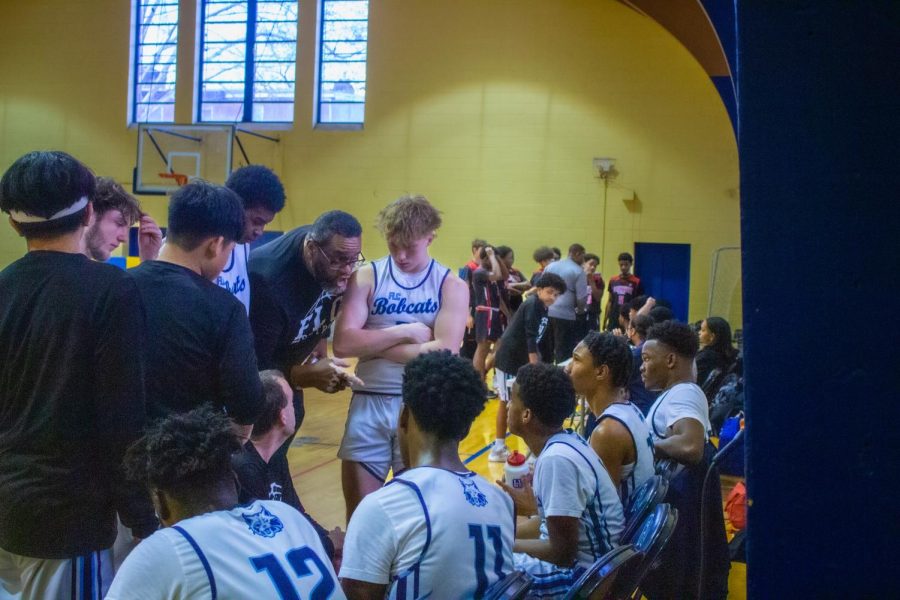

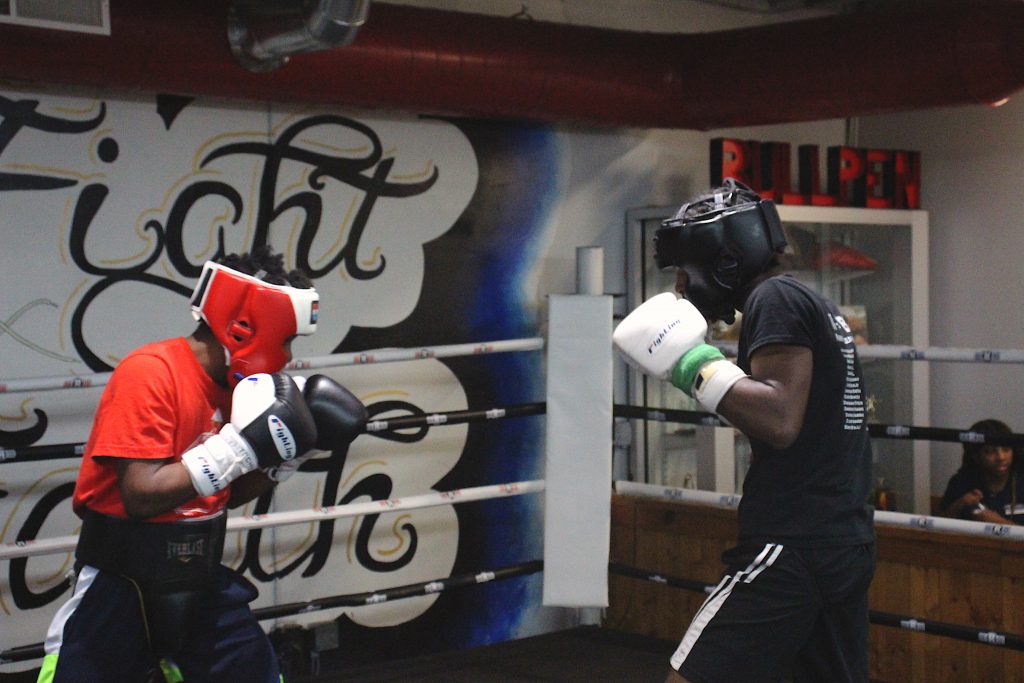

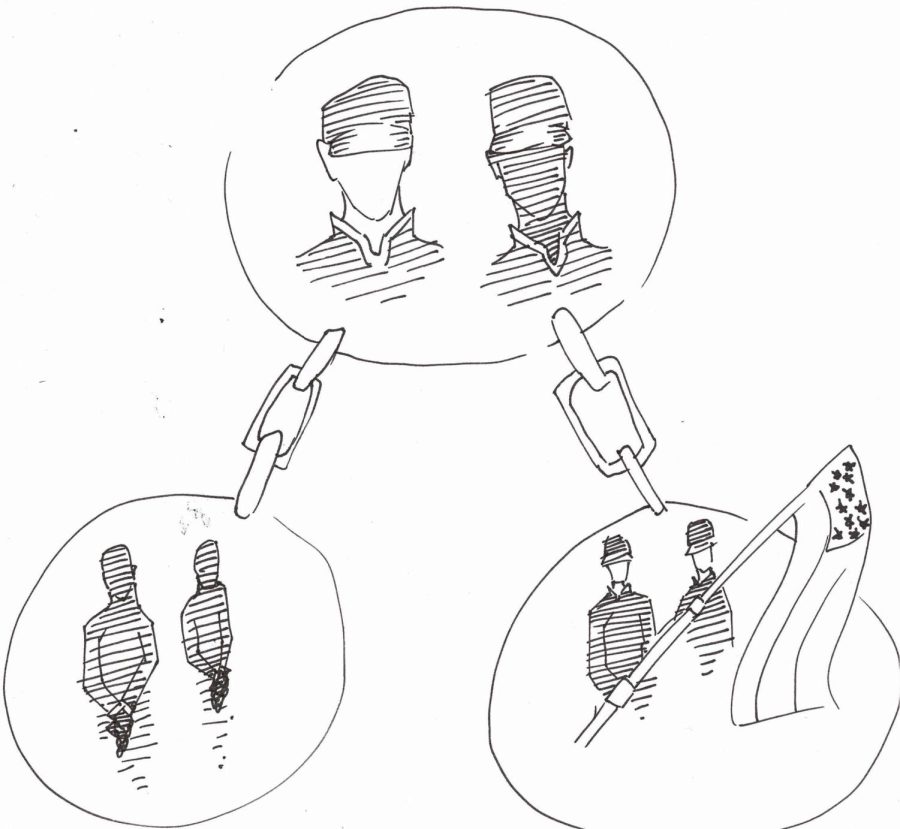
Jamir • Mar 30, 2022 at 12:48 pm
This Jawn fire
Quindilus Dingalus Quandaberry • Sep 7, 2022 at 10:32 am
wrddd this jawn go crazy